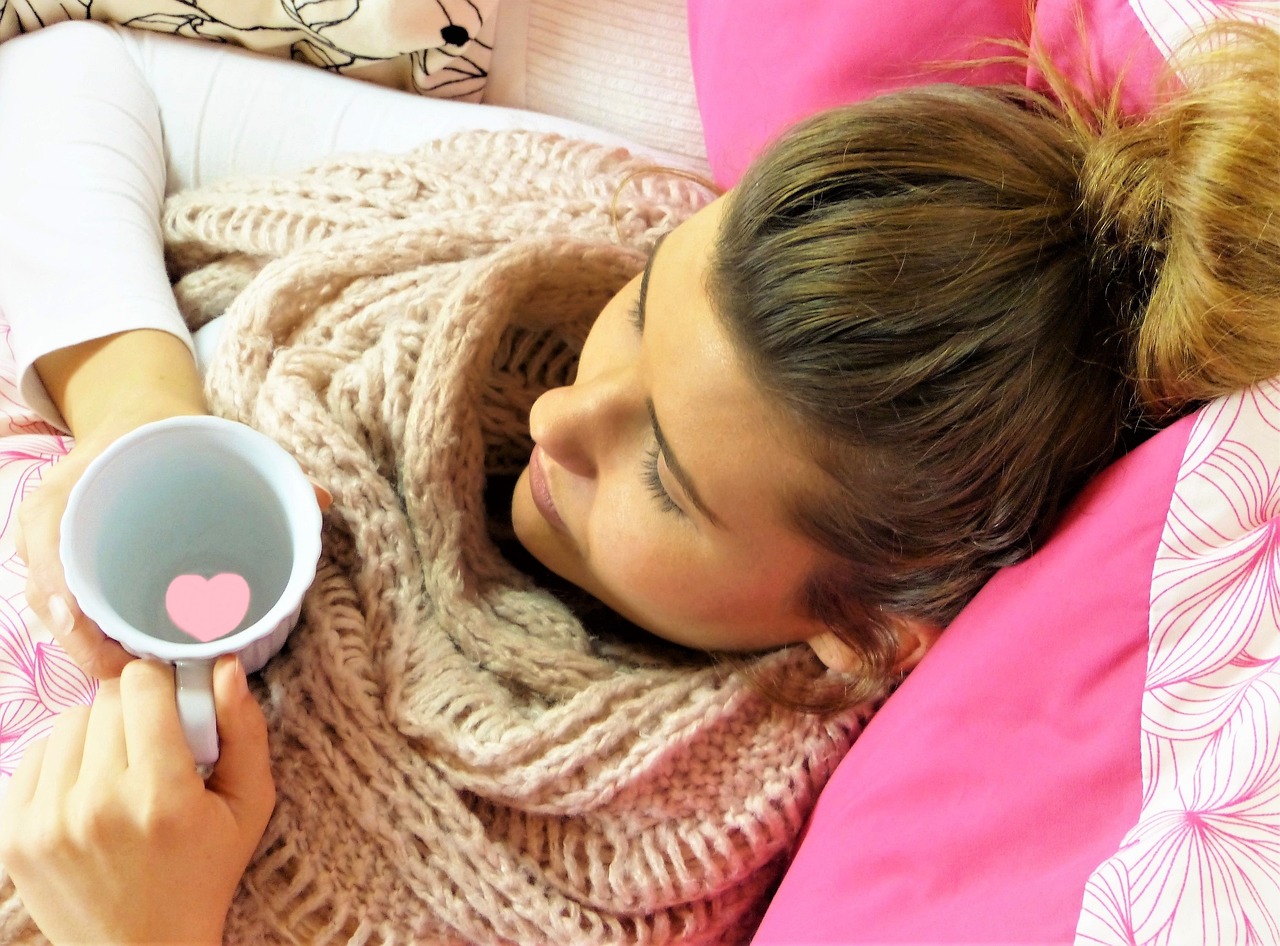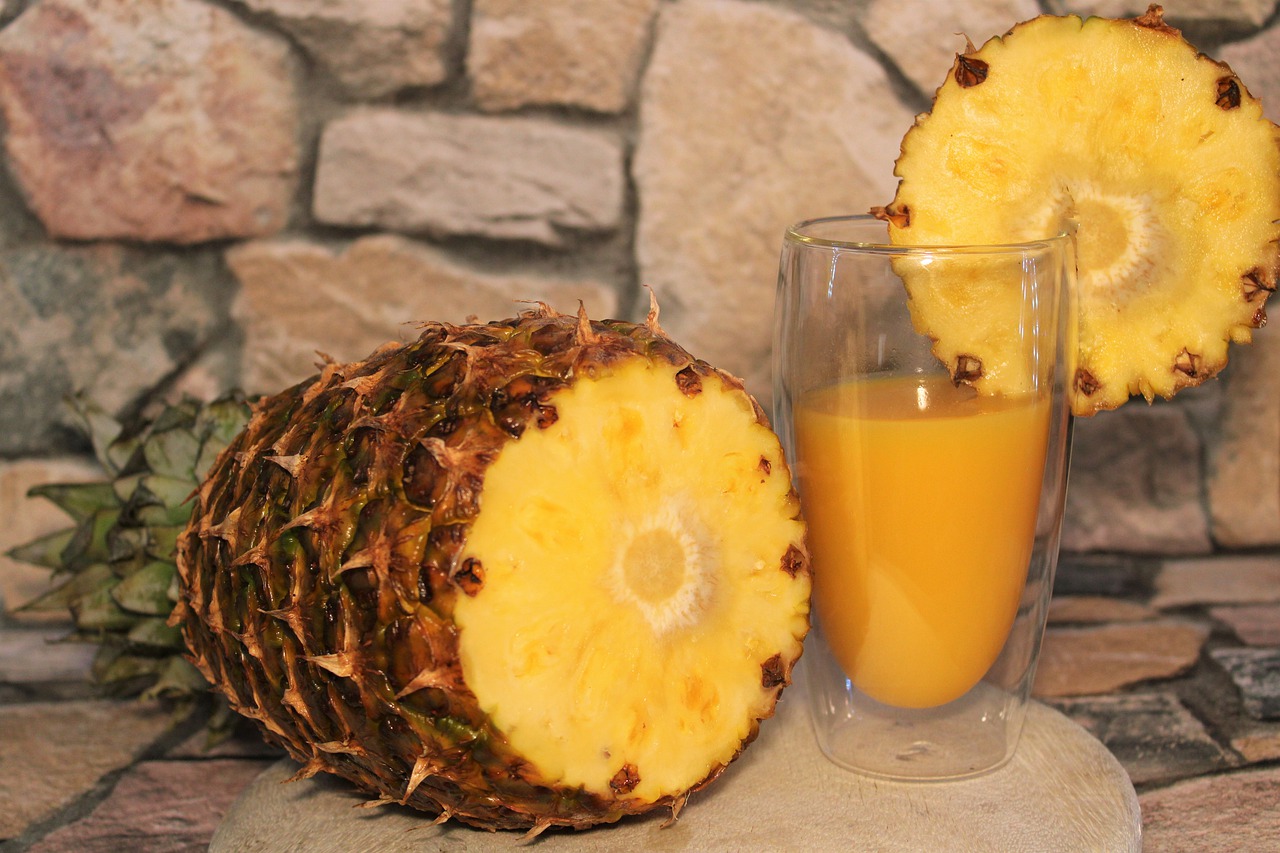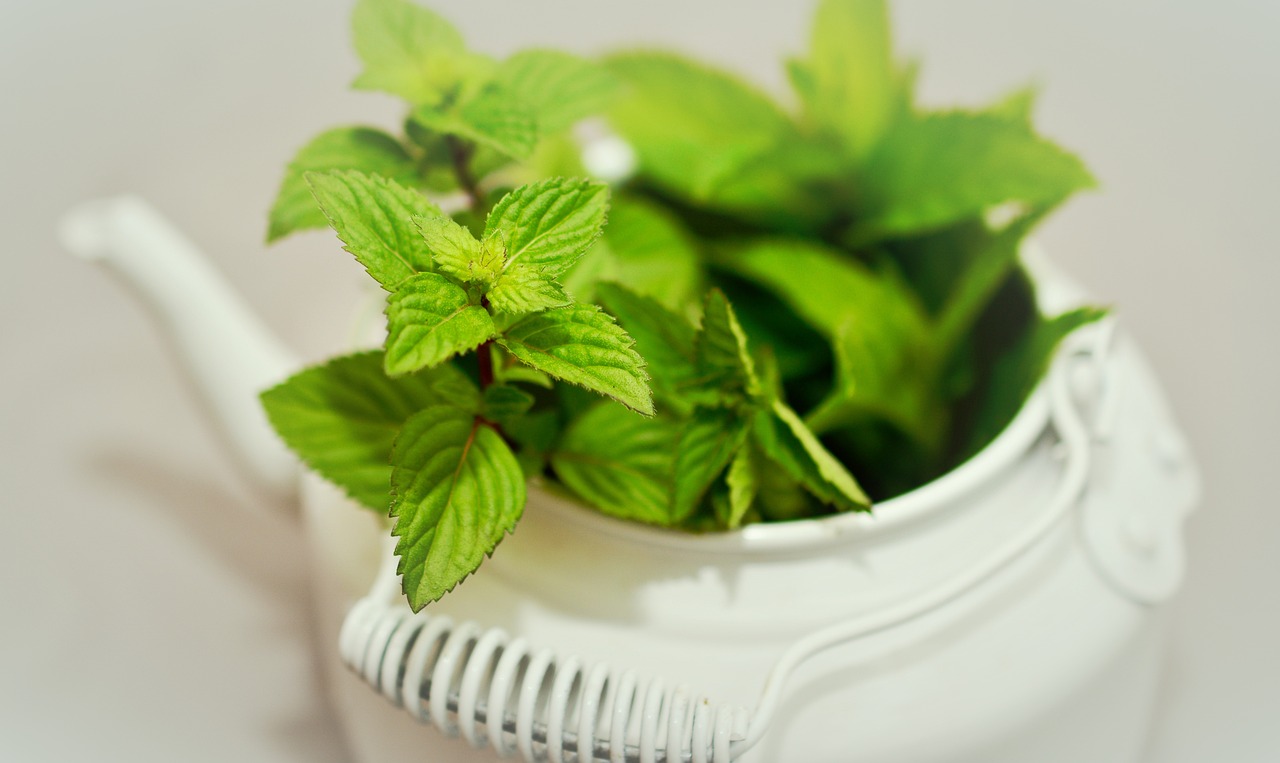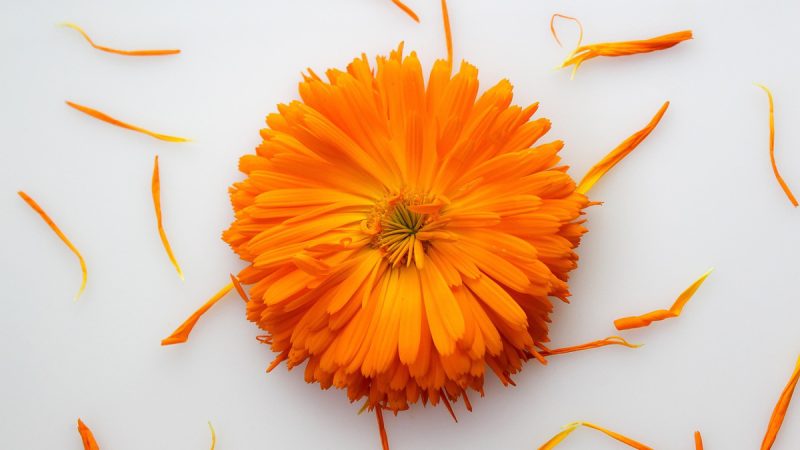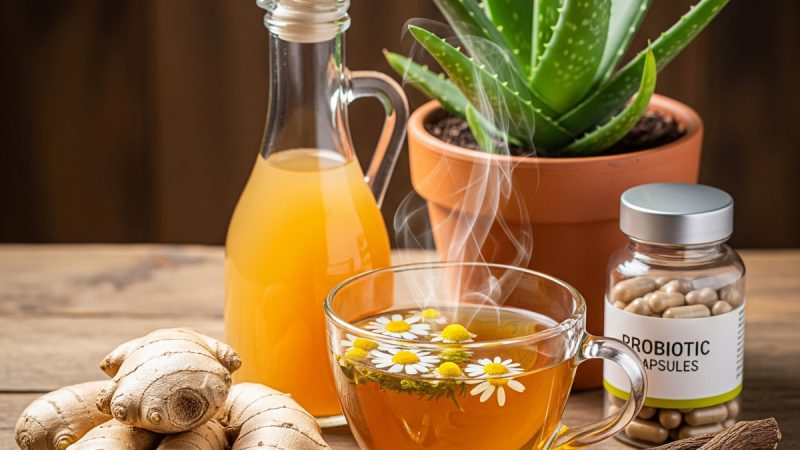Ayurvedic Herbs and Home Remedies for Children – Part 2
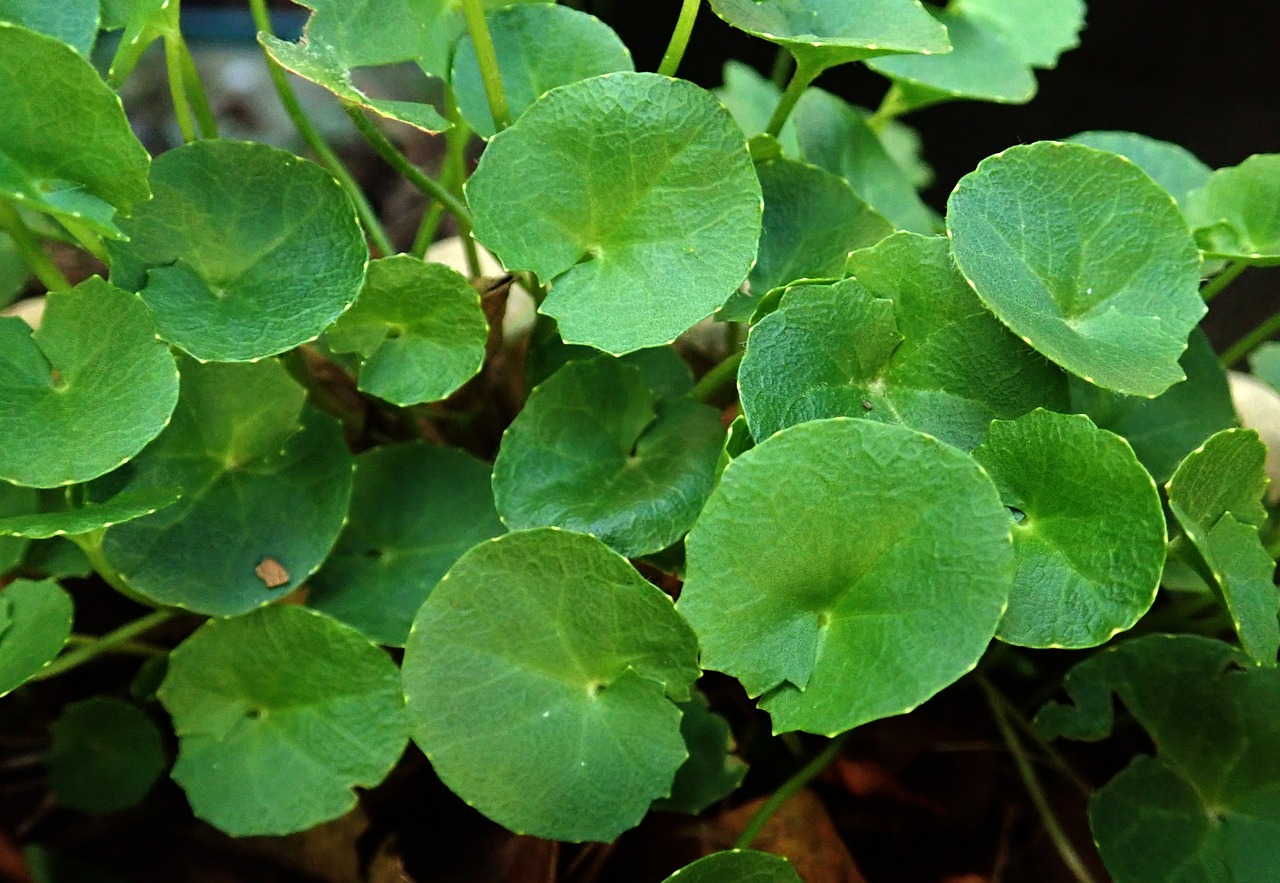
Treating Parasites and Worms with Ayurveda
Another health concern that is common in children is krimi (worms and parasite infestations). Symptoms include constipation, diarrhea, abdominal pain, flatulence, anemia, anorexia, increased appetite, pica (tendency to eat unusual or strange foods), and itching of the anus. The causes are many and include eating contaminated foods and drinks, or foods that are difficult to digest, poor eating habits, or contact with animal feces and uncleanliness, to name a few. Ayurveda views that krimi are born of excess dosha and ama, and that developing some simple healthy habits can help prevent such situations. A few good tips are to avoid eating excess sweets, fried foods, fast foods, uncooked grain flour such as cookie or bread dough, and raw jaggary. It is also important to have children wash their hands after touching any animals, including their own pets, and especially before eating.
A simple household remedy for worms like thread, pin, and round worms, is to take 3 to 5 drops of fresh onion juice diluted in one teaspoon of water 3 times daily. Another good worm remedy consists of mixing equal parts of Neem and Vidanga that can be easily administered in single “O” size capsules. Two capsules taken twice daily is a good dose for children. A general herbal compound is made with equal parts Neem, Vidanga, Kutaja, and Shardunika. One or two single “O” size capsules of this formula can be taken twice daily before meals. Also, a pinch of Hing (Asafoetida) mixed with one to two teaspoons of rapadura (dehydrated organic sugar cane juice) or sucanat can be eaten half an hour before food.
Some typical medicines used by Ayurvedic practitioners for parasitic conditions are Kutajarishta, Vidangarishta, Kutaja parpati, and Krimikuthar ras. Older kids (7 to 12 years old) can take 20 grams of rapadura or sucanat in the morning, followed after 10 minutes by Ajwain (celery seeds) and salt (2 grams of celery seeds per one gram of salt) with warm water. This recipe eliminates all types of worms. It is important to note that because treatment of krimi should be continued for at least a month to prevent re-infestation, it is good to have the guidance of a skilled practitioner.
Rejuvenating and Nourishing the Mind with Ayurveda
Learning is a large part of being a child, so we should not forget about herbs that rejuvenate the mind. One of the most common rasayana herbs for the brain is Shanka pushpi. Shanka pushpi is a popular tridoshic herb for promoting memory and intelligence, and is commonly prepared in a syrup form for this purpose. It is also used to treat depression, psychosis, and epilepsy. In the case of children diagnosed with ADD, it can be combined with Brahmi.
Brahmi (Gotu kola or Bacopa, aka Herpestis monnieri), is also worth mentioning when it comes to the mind. Brahmi means “cosmic consciousness.” Its name is also associated with Saraswati, the goddess of wisdom, because it is one of the best nervine tonics for rejuvenating the mind. It is used for addressing a wide variety of mental and nervous disorders. Gotu kola is tri-doshic and Bacopa has a heating energy. Both herbs facilitate the balance of tarpaka kapha, sadhaka pitta, and prana vayu, the doshas present in the brain. They can be used alone or with other herbs such as Jatamansi, Shanka pushpi, Vacha, Ashwagandha, or Jyotishmati for improving memory.
For speech impediments, these two herbs combine well with equal parts of Vacha (Calamus). A common formula used for treating speech disorders, as well as a wide variety of vata disorders of the mind, nervous, and digestive system, is Saraswata churna, It contains herbs like Ashwagandha, Vacha, Shanka pushpi, Ajwan, Cumin, and Rock salt. It is safe for children and its flavor is somewhat palatable too. Saraswata churna is a good example of the truly holistic approach that Ayurveda takes in compounding herbs to address the many qualities of a dosha and its possible and common effects on the entire system. It has herbs that have an affinity to all of the organs, dhatus, and srotamsi that relate to vata dosha. Other typical Ayurvedic medicines to consider for rejuvenating the mind and the nervous system are Brahmi vati, Smriti sagar ras, Brahma rasayana, Ashwagandharishta, and Brahmi ghee.
There is no end to the variety and usefulness of Ayurvedic herbs and home remedies for children. Most herbs are safe and very effective when used skillfully, constitutionally, and in appropriate doses. Before resorting to stronger herbal based medicines it is best to use whole foods and simple herbs and spices. Often times less is more and the right medicine in small amounts can do wonders. Therefore, achieving doshic balance, promoting healthy habits, and strengthening immunity and agni in early childhood can set the foundation for optimal growth and development, and overall health in the future.
© 2005 Vishnu Dass.
This is the continuation of Ayurvedic Herbs and Home Remedies for Children – Part 1
The Author:
Vishnu Dass, NTS, LMT, CAyu, is an Ayurvedic practitioner and educator in NC, and the Director of Blue Lotus Ayurveda – Ayurveda and Panchakarma Clinic, offering health care, panchakarma, rejuvenating therapies and phone consultations in the US.
Photo. Beverly Buckley
Source: Isnare.com


